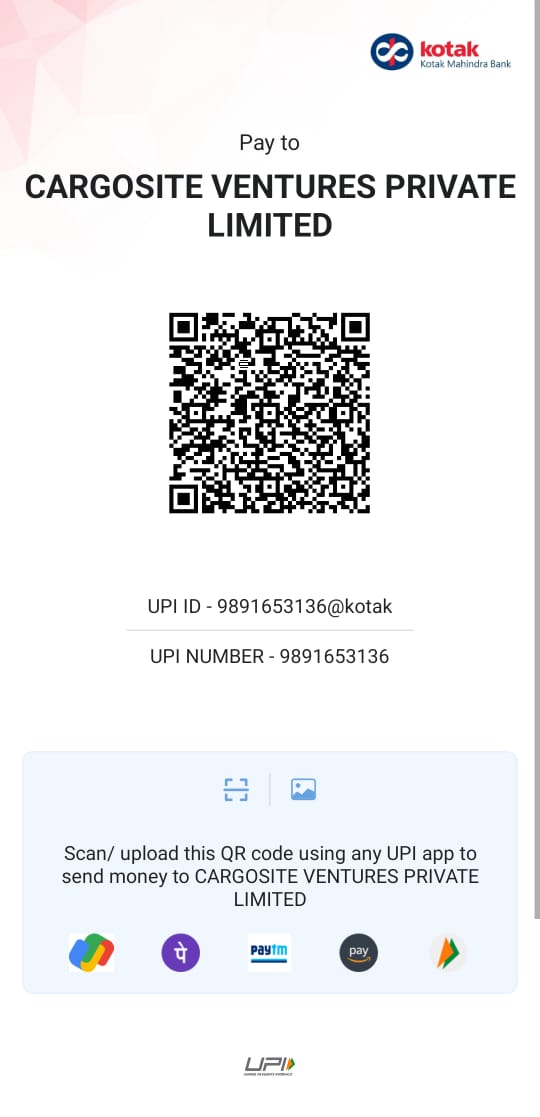INTRODUCTION
In recent years, the demand for the Battery has grown at an exponential rate. Investment has poured into the battery industry in order to develop long-term storage solutions that will aid in the energy transition. As the world increasingly replaces fossil fuel power with emission-free electrification, batteries are becoming an essential storage tool to help with the transition.
With the emphasis now on renewable energy, the use of electricity is gaining traction. As a result, massive amounts of battery waste would be generated. To deal with the situation of rising battery waste, a proactive policy is required. With this in mind, the government issued the Battery Waste Management Rules, 2022.
On August 22, 2022, the Ministry of Environment, Forests, and Climate Changes published the battery waste management rules, 2022, replacing the Battery (Management & Handling) Rules, 2001, in order to ensure environmentally sound management of used batteries.
EPR Authorization for battery waste typically involves setting up collection systems, recycling facilities and safe disposal methods for end-of-life batteries.
BATTERY WASTE MANAGEMENT RULES, 2022
In accordance with Rule 4 of the Battery Waste Management (BWM) Rules 2022, it is mandatory for every producer and any individual or entity engaged in battery manufacturing to register with the Central Pollution Control Board (CPCB) via a centralized online portal.
This registration process requires the submission of an application in Form 1(A) to the CPCB. To ensure continuity, producers must initiate the renewal process by filing Form 1(A) at least sixty days before the expiration of their current registration.
Under the BWM Rules 2022, a producer is specifically defined as an entity involved in the manufacturing, selling, and importing of batteries. This encompasses not only new batteries but also refurbished ones and those integrated into equipment
CLASSES OF ENTITIES:
- Producer: A producer is defined as any entity engaged in the manufacturing or selling of batteries under its brand, the importation of batteries, or the production of equipment containing batteries.
- Recycler: A recycler is characterized as any entity involved in the recycling of waste batteries.
- Refurbisher: A refurbisher is identified as any entity undertaking the reuse, reconditioning, or repurposing of used batteries to extend their lifespan for a second usage.
LOHUM encapsulates a unique amalgamation of all three crucial roles in the battery lifecycle—Recycler, Refurbisher, and Producer. As a registered Extended Producer Responsibility (EPR) Compliance partner under the Battery Waste Management Rules (BWMR), we actively collaborate with battery Original Equipment Manufacturers (OEMs).
EPR REGISTRATION PROCESS FOR BATTERY WASTE MANAGEMENT:
- Identification of Producers: Entities engaged in the manufacturing, sale, or import of batteries fall under the purview of EPR for battery waste management.
- Preparation of Documents: Producers need to prepare necessary documents, including an EPR Authorization form and a comprehensive plan outlining strategies for battery collection, recycling, and disposal.
- Submission of Documents: The applicant must submit the EPR Authorization form and accompanying documents to the designated regulatory body.
- Scrutiny by Regulatory Body: The regulatory body, often the Central Pollution Control Board (CPCB), scrutinizes the submitted documents to ensure compliance with EPR guidelines.
- Approval or Rejection: Based on the scrutiny, the regulatory body either approves or rejects the EPR application. In the case of any deficiencies, the applicant is usually given a specific timeframe to rectify them.
- Grant of EPR Authorization: Upon approval, the regulatory body issues EPR authorization, allowing the producer to engage in battery waste management activities.
Key Obligations for EPR Registered Entities:
- Collection Mechanism: EPR registered entities are required to establish effective mechanisms for the collection of end-of-life batteries, ensuring proper channels for consumers to return used batteries.
- Recycling Partnerships: Collaborating with authorized recyclers is a crucial obligation. EPR entities must engage with recyclers that adhere to environmental standards for responsible recycling practices.
- Regular Reporting: EPR registered entities are obligated to submit periodic reports detailing the quantity of collected batteries, recycling methods employed, and any other relevant information.
- Consumer Awareness: Entities must actively contribute to consumer awareness programs, encouraging responsible disposal and the importance of recycling batteries.
KEY REGULATORY BODIES:
- The Central Pollution Control Board (CPCB): It registers all producers, ensures compliance, issues guidelines and standards. The CPCB develops and maintains a centralized online portal for filing reports and transacting EPR certificates. The portal is live and producer registrations have begun.
- The State Pollution Control Boards (SPCB): They register all recyclers and refurbishers and ensure compliance at the state level. The state-level online portals will be going live in the near future.
CONCLUSION:
In adherence to Extended Producer Responsibility (EPR) guidelines for Battery Waste Management, battery producers are entrusted with the responsible management of their waste batteries, ensuring environmentally sound practices.
Entities engaged in battery manufacturing must undergo registration with the Central Pollution Control Board (CPCB) through a centralized online portal to secure an EPR registration certificate specifically designated for battery waste management.
At Aleph India, we stand as a comprehensive solution for all your compliance needs. Our services cater to manufacturers and importers seeking certification from various ministries under different schemes of the Government of India—essential for the manufacturing, selling, exporting, or importing of goods.
Should you have any inquiries regarding EPR Registration for Battery Waste Management, we invite you to call us at 9711994042 for a free consultation. Our commitment is to exceed your expectations by delivering prompt and efficient EPR Registration services.
Want to apply for the EPR Battery registration reach to our experts Ms. Rekha (+91-9811803136), Ms. Manju(+91-9711994042)
